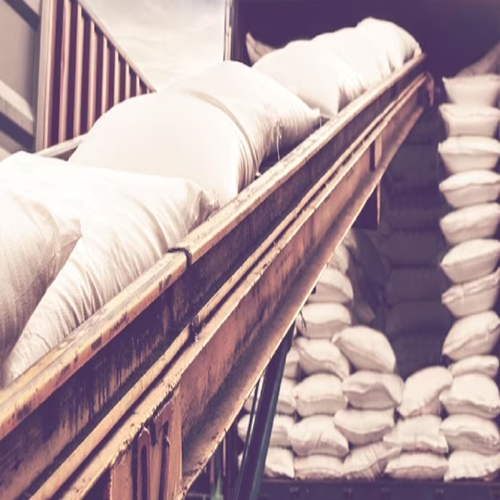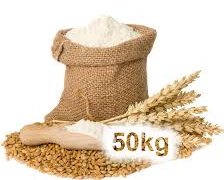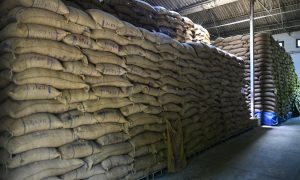India’s agri exports may stay flat in FY24 due to ban on wheat, rice, sugar

India’s agricultural exports may remain flat this financial year because export curbs on commodities such as wheat, non-basmati rice, and sugar may result in a decline in outbound shipments worth $4.5-5 billion.
“We expect we will (maintain) that level in spite of a $4.5-5 billion impact due to the restrictions,” Additional Secretary Rajesh Agrawal told reporters on Thursday.
India exported agricultural products worth $53 billion in the previous financial year.
The decline in exports of these items could be balanced by promoting shipments of new products such as bananas and value-added millet products to new countries.
“In the next three years, we are hoping to increase banana exports to $1 billion,” Agrawal said.
BASMATI RICE EXPORTS
Disruptions on the Red Sea trade route may impact exports of India’s premium quality basmati rice to Europe, Egypt, and parts of West Asia, a senior government official said.
While there’s no impact at the moment, if the situation persists, the trade will have to take a longer route for exports, which may result in a 15-20 per cent jump in prices of basmati rice shipments.
“Yesterday (Wednesday) we had a meeting with basmati exporters on the Red Sea issue. Right now, there is no problem but if this continues exports may see some disruption. Basmati is a premium product from India, so there is demand and exports will continue. If we look at alternative (longer) routes, the cost will increase by 15-20 per cent,” the official said, adding that the demand may not get altered.
Last year, India exported basmati rice worth $4.7 billion. During April-October this year, there were shipments worth $3 billion.
Geopolitical conflicts have prompted an increasing number of shipping lines to avoid the Red Sea. The Iran-aligned Yemeni Houthi militant group said it launched a drone attack on a cargo vessel in the area on Monday, the latest in a series of such strikes that it says are a response to Israel’s assault on the Gaza Strip.
About 15 per cent of global shipping traffic transits through the Suez Canal, the shortest shipping route between Europe and Asia, connecting the Red Sea and the Mediterranean.














